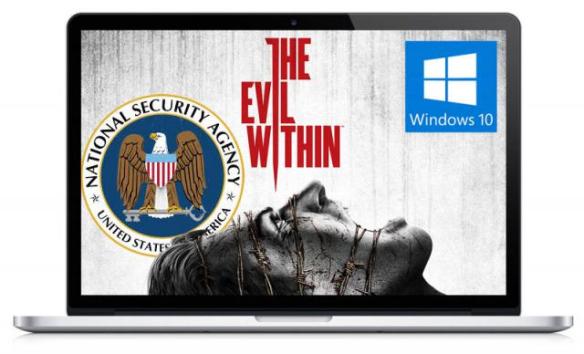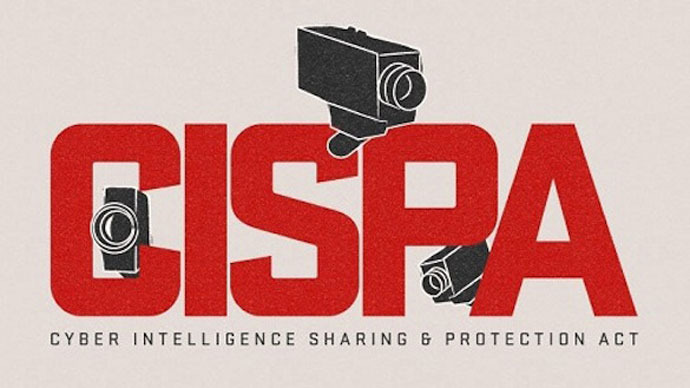(Occupy Corporatism) - The Immigration Sharing Treaty, an integral part of the Perimeter Security and Economic Competitiveness Action Plan (PSECAP), was signed by the US and Canada last week. David Jacobson, US Ambassador to Canada said: “This important agreement is the culmination of ten years of effort to advance the security of the United States and Canada, and to ensure the integrity of our immigration and visa systems. It reflects the commitment of President Obama and Prime Minister Harper to the Beyond the Border process, which will enhance North American security while facilitating the efficient movement of safe goods and well-intentioned travelers.
In 2011, Obama and Stephen Harper, Canadian Prime Minister, signed the PSECAP that allowed for the sharing of information on both Canadian and American citizens for the sake of immigration, improve border efficiency, border security and provide a network database to identify foreign national as well as stop illegals from crossing the border.
This includes biometric technologies to be used beginning in 2014.
Biometric border crossing cards (BCCs) have been used to identify Mexican citizens making short visits since 1997 with the approval of the Congress and in conjunction with the US State Department who employed DynCorp who is now owned by CSC.
Advancements in BBCs have led to laser visas which are “machine-readable, credit-card-sized documents with digitally encoded biometric data, including the bearer’s photograph and fingerprint.”
Those in the program were fingerprinted and photographed with their information entered into biometric databases with electronic verification of authenticity. Files were reviewed by the State Department. Once approved, the Bureau of Citizenship and Immigration Services (CIS) and the Department of Homeland Security (DHS) issued the individuals new laser visas.
Biometric technologies are defensible by the US government in use at border crossings as a quick and easy way to be identified. However the price for entering into the US is now paid in private information about each individual that sets foot in the country. This gives the US the ability to know vast amounts of data about each person such as accurately distinguishing their characteristics:
• Height • Weight • Gender • Nationality • Fingerprint • Disability
The Electronic System for Travel Authorization (ESTA), an agreed upon technology to be used under the PSECAP, was outlined in the Beyond the Border Declaration (BBD)which articulates the relationship between the US and Canada to address threats to their nations through secure borders as well as immigration, goods and services that travel through the two countries.
ESTA, an extension of the DHS through US Customs and Border Protection (CBP) oversees all applications for international travelers who enter the US. Their approval of passage is the deciding factor for entrance into America.
Stated in the BBD was the relationship between the US and Canada the purpose of interweaving the two nations to increase the resiliency of our networks, enhance public-private partnerships, and build a culture of shared responsibility,” according to Janet Napolitano, Secretary of DHS.
In November, both the US and Canadian governments revealed that they will combine efforts against cyber-attacks with the creation of an action plan between the DHS and Public Safety Canada (PSC) to improve digital infrastructure.
In Washington, DC and Ottawa, Canada there will be a collaboration of cyber security operation centers as well as shared information and the establishment of guidelines on private sector corporations. Add to this endeavor is the governmental alliance on propaganda methods to convince the citizens of both nations that cyber security must become an over-reaching control by the two governments.
Apple has filed a patent with the US Patent and Trademark Office for facial recognition systems that “analyzes the characteristics of an image’s subject and uses this data to create a “faceprint,” to match with other photos to establish a person’s identity.”
According to the patent description: “In order to automatically recognise a person’s face that is detected in a digital image, facial detection/recognition software generates a set of features or a feature vector (referred to as a “faceprint”) that indicate characteristics of the person’s face. The generate faceprint is then compared to other faceprints to determine whether the generated faceprint matches (or is similar enough to) one or more of the other faceprints. If so, then the facial detection/recognition software determines that the person corresponsing to the generated faceprint is likely to be the same person that corresponds to the “matched” faceprints(s).”
The federal government has released on a website, the information about their use of biometric technologies that they want the general public to know.
As far back as 2008, former President George W. Bush signed the National Security Presidential Directive (NSPD)-59 / Homeland Security Presidential Directive (HSPD) – 24, “Biometrics for Identification and Screening to Enhance National Security”. This NSPD explained the “framework to ensure Federal departments and agencies use compatible methods and procedures in the collection, storage, use, analysis, and sharing of biometric and associated biographic and contextual information of individuals in a lawful and appropriate manner, while respecting privacy and other legal rights under United States law.”




 (Washington Post) Federal investigators looking into disclosures of classified information about a cyberoperation that targeted Iran’s nuclear program have increased pressure on current and former senior government officials suspected of involvement, according to people familiar with the investigation.
(Washington Post) Federal investigators looking into disclosures of classified information about a cyberoperation that targeted Iran’s nuclear program have increased pressure on current and former senior government officials suspected of involvement, according to people familiar with the investigation.

 ‘Did we mention its free?’ Except Instagram’s new terms of service makes clear that users grant the company rights over all their photos and personal information uploaded to the site
‘Did we mention its free?’ Except Instagram’s new terms of service makes clear that users grant the company rights over all their photos and personal information uploaded to the site
